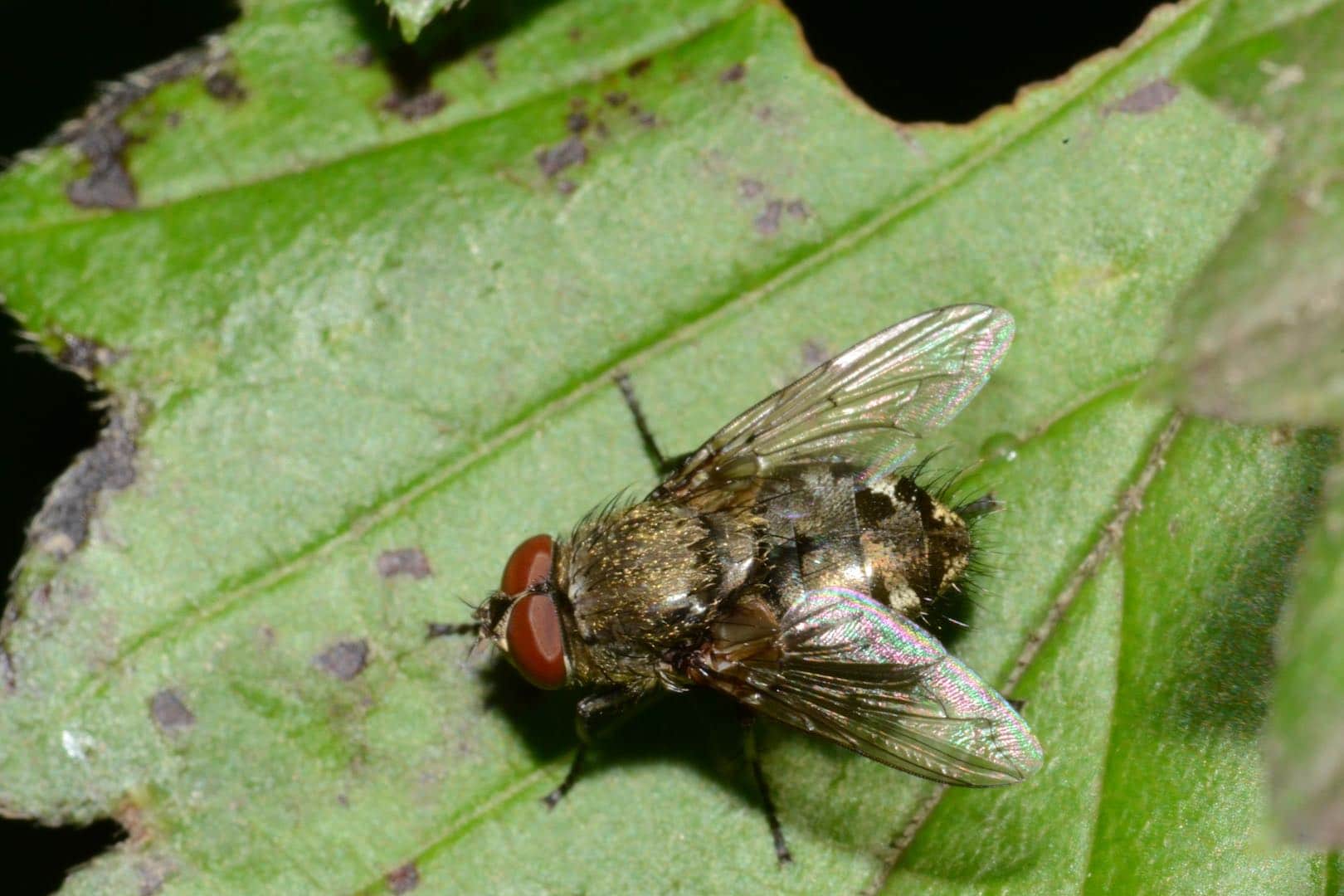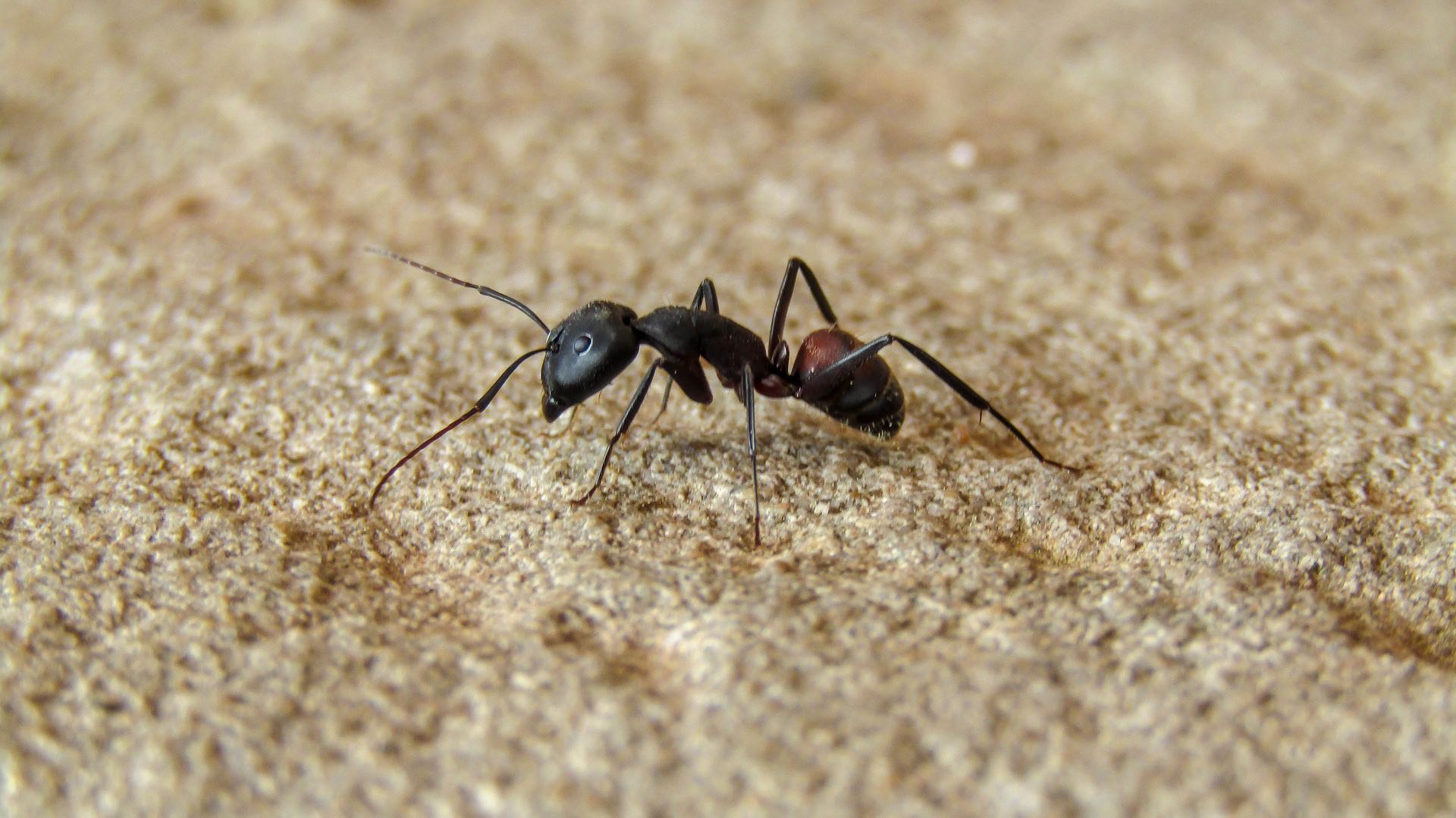Indoor Bugs and What to Do About Them
Your home is your personal sanctuary. It is where we sleep, dine, and spend a great deal of our free time. Unfortunately, we are often not alone in enjoying this sacred space.
Aside from our loved ones and darling pets, many other little creepy crawlies like to make themselves at home in our living space. While many of these creatures are small and often go unnoticed, some of these pests can cause major problems for your welfare. If you suspect you may have some unwanted house guests, here are nine indoor bugs and what you can do about them.
1. Flies
Flies are a nuisance pest that can contaminate food and transmit dangerous diseases. The most common intruder is the house fly, but your home can also suffer from fruit and horse flies as well. These bugs are persistent and plentiful. If hatching occurs, your problem can go from one buzzing bother to many. While house and fruit flies mainly zoom around and pester, horse flies can bite leaving some nasty welts. These pests should be dealt with quickly.
What you should do:
Because they can transmit nasty diseases and contaminate anything they land on, this is a pest you should deal with immediately. To prevent them from getting inside, keep your home as tidy as possible. Block all possible entryways like doors, windows, and cracks. Eliminate any breeding sites. If you suspect an infestation, it would be wise to reach out to a pest control expert to locate the breeding ground and eliminate the problem.

2. Fleas
These pesky parasites feed off warm-blooded creatures and come in many different varieties: cat, dog, and rat fleas. These critters do not fly, but they jump onto their hosts. They bite and leave painful, itchy red bumps. Normally, you don’t just find one. These pests can not only affect your family but your furry friends as well. Enough of these pests can cause your animal’s serious harm.
What you should do:
With fleas, prevention is the best course of action. Keep your yard clean and try to deter any creatures carrying fleas from entering your yard. Seal all cracks and crevices on the outside of your house using silicone-based caulk. In addition, use flea management for your pests: ointments, baths, and other treatments. If you do have an infestation, vacuum the affected area and dispose of the vacuum bag in a sealed garbage bag. Place it outside. If the infestation doesn’t relent, contact a pest control expert to inspect your home. Check out the latest fuze bug reviews.
3. Book Lice or Louse
These little insects are a common parasite often found in damp pantries or storage areas. They feed off mold, dead insects, stored food and other organic matter. These scavengers live indoors, are wingless, and are drawn to places with high humidity and moisture. They don’t cause any physical harm, but they are unwanted, nonetheless.
What you should do:
The best way to keep these bugs out is by eliminating any excess moisture. Run a dehumidifier, make sure your rooms are properly vented, and be sure all your water sources are cared for. If you do find booklice, throw out any contaminated food or items, whether they are cereal, books, flour, or grains. If you wish to keep infected items, like books, seal them in a plastic bag and freeze it. Once the bugs are dead, vacuum up the remains and dispose of them properly.

4. Little Black Ants
Ants are a common invader, especially the little black ants. These pests are normally worker ants searching for food and water for their colony. They act as a search party, checking for ideal places to raid. If you aren’t careful, one can become many and that can be bad news for your pantry.
What you should do:
To protect against these invaders, seal all cracks in your exterior with a silicone-based caulk. Store all firewood about 20 ft from your home and keep your shrubs trimmed. Seek out ant nests and use store-bought killers and repellents to destroy them.
5. House Spiders
House spiders are so stealthy it can be hard to spot them. Cobweb spiders, cellar spiders, and ghost spiders are among the wide variety of housemates you may not know you have. They are very common in homes. They often make webs or hide, making a feast of other possible pests that may reside in your house as well. Less of a pest and more of a small exterminator, house spiders are often harmless if left alone. Many spiders, however, can become an issue.
